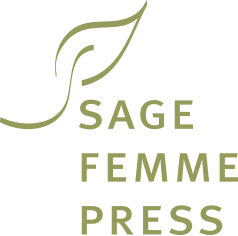Recently I found myself in the grip of Paul Monette’s 1994 book, Last Watch of the Night, a collection of passionate autobiographical essays about his last years with AIDS—before long term survival became the norm. He addresses his own coming out, gay life, the impact of AIDS on the gay community and his own relationships, the importance of activism and the consequences of silence. “It is simply not enough to be an artist, unengaged,” he writes. “I consider the work I’m doing…as a kind of letter to my gay and lesbian children in the future…”
Letters. I, too, compared my poems to letters in the preface to Clinician’s Guide to the Soul. Literature in the guise of direct personal communication can do useful work in the world. It can inform, challenge, heal, entertain, and create and sustain community. It can take distressing themes like illness and death and, rather than repel us, draw us to them. Not only does it form a vital part of the record of human experience, it’s a seedbed for insights, ideas and action.
